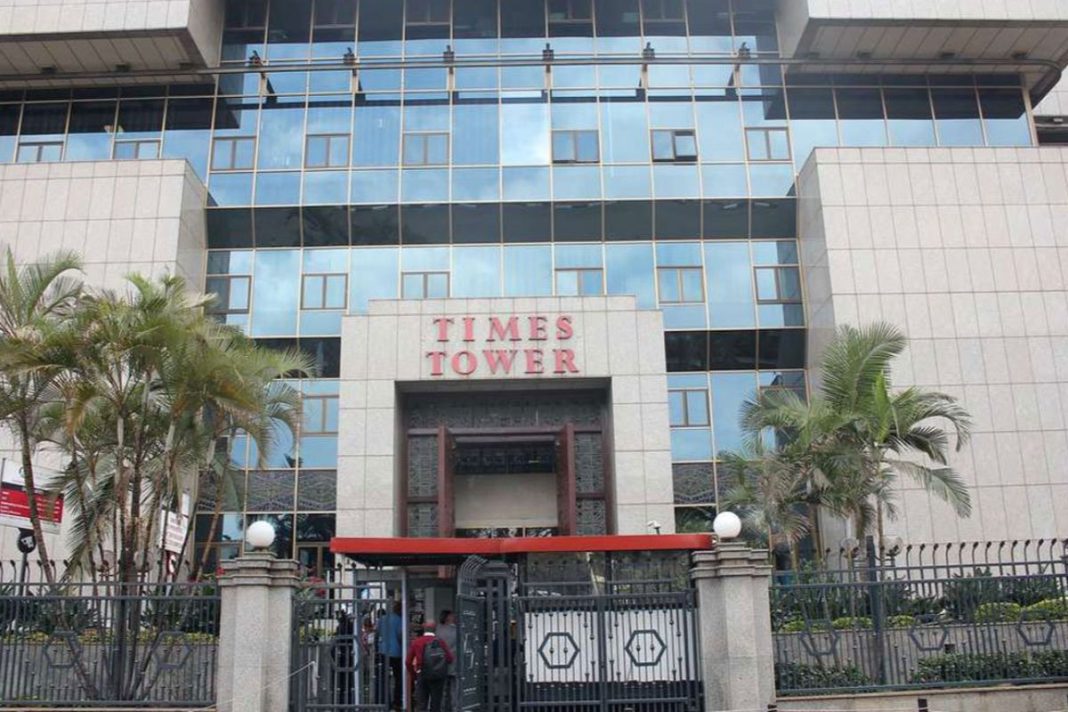The Kenya Revenue Authority (KRA), in collaboration with the National
Treasury, the African Economic Research Consortium, and the Government of
Denmark, has convened a Stakeholders’ Consultation Workshop to review and
strengthen ongoing research supporting tax policy and revenue administration
reforms in Kenya.
This is the second engagement under the Collaborative Research
Programme, which brings together experts from the University of Copenhagen’s Development Economics Research Group (UCPH-DERG), the Kenya Institute for Public Policy Research and Analysis (KIPPRA), and KRA, under the coordination of the African Economic Research Consortium (AERC and support from the Government of Denmark through the Danish International Development Agency (DANIDA).
Speaking during the opening of the Workshop, KRA Commissioner General, Mr.
Humphrey Wattanga has reaffirmed KRA’s commitment to leverage research
and data to drive Kenya’s tax reform agenda.
“At KRA, we remain committed to evidence-based decision-making as a
cornerstone of our tax reforms. Our partnerships with academic institutions and research organizations have enabled us to anchor our policies in rigorous analysis, improving tax efficiency, reducing compliance burdens, and enhancing revenue mobilization,” said Mr. Wattanga.
The KRA Commissioner General said the workshop would provide an
opportunity to delve deeper into the ongoing research and refine research
findings into policy proposals that are expected to inform the Finance Bill, 2026.
“Our collaboration with AERC and UCPH-DERG continues to be a vital resource
in developing effective, equitable, and sustainable tax policies that align with our mission,” added Mr Wattanga.
Key research themes that were discussed during the workshop included:
- Taxation of petroleum products: Exploring ways to modernize
Kenya’s excise tax structure in line with Kenya’s evolving economic
realities. - Dynamics of personal income tax: Enhancing tax equity and
efficiency through reforms - eTIMS and business formalisation: Evaluating the role of the
Electronic Tax Invoice Management System (eTIMS) in strengthening tax
administration and expanding the tax base by encouraging formalisation
of businesses. - Revenue impact of VAT misreporting: Investigating VAT
compliance challenges and proposing solutions to strengthen VAT
revenue integrity.
The workshop aims to generate actionable policy proposals and reinforce the
research base for critical areas including VAT, personal income tax, and excise
duties.
Read also: KRA records 6.1% growth as it surpasses KES2 trillion in revenue collection
These efforts align with Kenya’s broader national goals of enhancing tax compliance, reducing administrative burdens, and increasing domestic revenue mobilization to support the country’s national development priorities.






